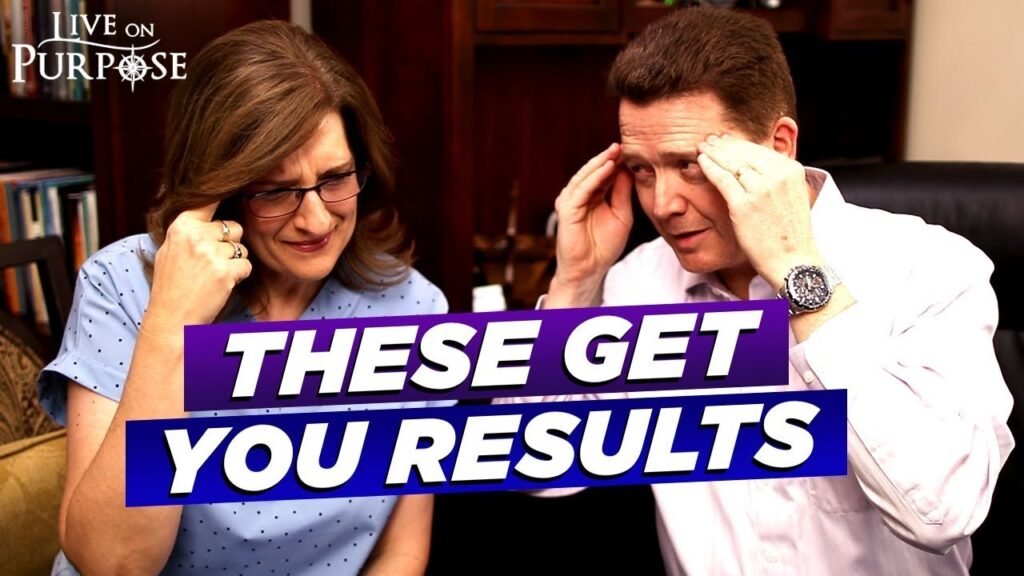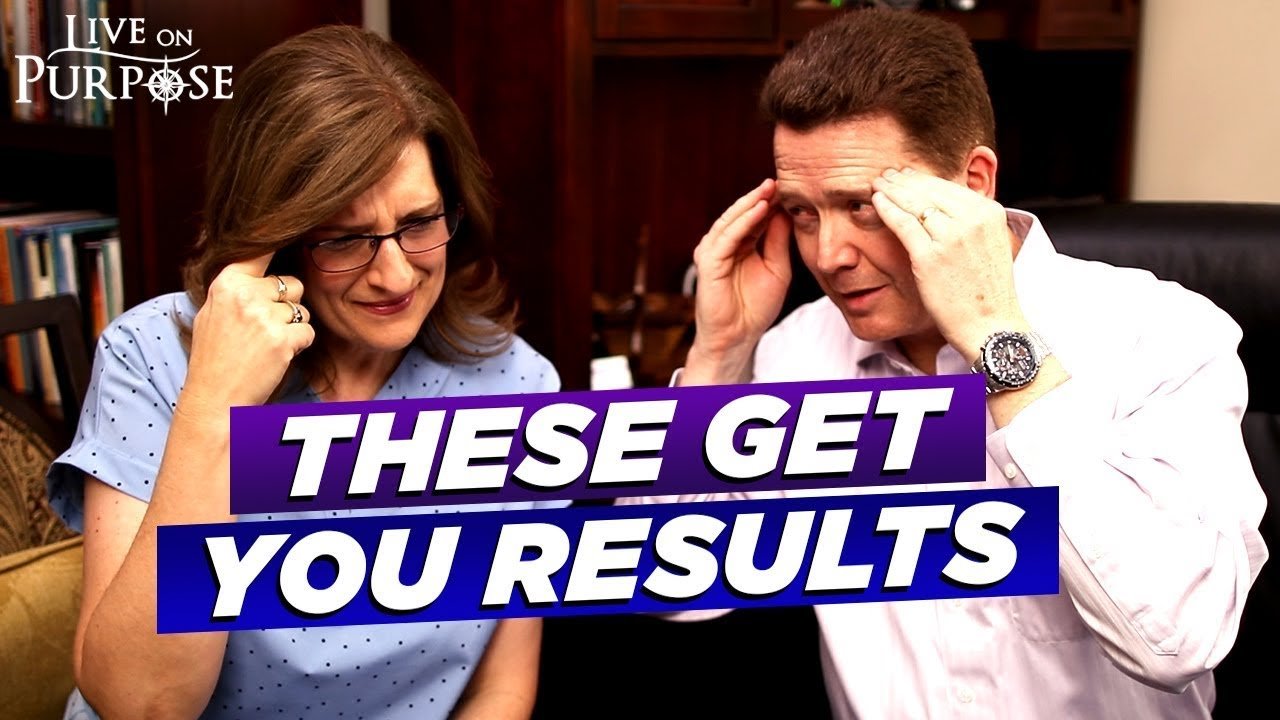Are you struggling to help your child improve their concentration? It’s a common issue that many parents face. In our article “Helping Kids Improve Concentration,” we discuss various factors that can influence a child’s ability to focus and provide strategies to help them improve their concentration. We also address the topic of overdiagnosing ADHD and when to consider medication, as well as the role of sleep, diet, and exercise in concentration. Additionally, we explore the potential benefits of reducing visual and sound distractions, using music, taking breaks, and implementing a visual schedule to support concentration. Join us as we delve into these important topics and provide practical tips to help your child concentrate better.
Kids get distracted all the time, which means it can be hard to get them to focus on important tasks! It gets frustrating when they can’t pay attention to homework or chores, but we’re here to help. In today’s episode, Vicki and I talk about the different factors that influence your child’s ability to focus, then we’ll give you a few simple strategies that can help improve concentration. 00:37 Overdiagnosing 01:14 When to consider medication 01:56 How sleep, diet, and exercise factor in 02:59 Why stimulants? 04:17 Reducing visual and sound distractions 05:48 Can music help concentration? 06:28 Taking breaks 07:11 Visual schedule 08:02 Put yourself in their mind Watch and Enjoy! Dr. Paul Jenkins
Understanding Concentration Challenges
Kids often struggle with concentration. It’s not uncommon for children to have difficulty focusing on important tasks like homework or chores. This can be frustrating for both the child and their parents. In order to improve a child’s concentration, it’s important to understand the factors that influence it.
There are several factors that can impact a child’s ability to concentrate. One common factor is overdiagnosing ADHD. Sometimes, when a child is having a hard time concentrating, it’s easy to jump to the conclusion that they have Attention Deficit Hyperactivity Disorder. However, it’s important to be open to other possibilities and not rush to a diagnosis.
When determining the best course of action for improving a child’s concentration, it’s important to consider when to consider medication. While medication can be a valuable option for some children, it is not always necessary. It’s important to explore other strategies and solutions first before turning to medication.
Other factors that can influence concentration include sleep, diet, and exercise. Taking care of the body through adequate sleep, healthy eating, and regular exercise can have a positive impact on a child’s ability to concentrate. These factors, often referred to as brain maintenance, play a significant role in overall cognitive function.
In some cases, stimulants may be used to improve concentration. Stimulant medication is commonly used to treat attention deficit hyperactivity disorder. While it may seem counterintuitive to use stimulants to enhance focus, there are valid reasons for this approach. When properly treated, ADHD can lead to better overall functioning and reduce the risk of future challenges.
Creating a Conducive Environment
One of the key strategies for improving concentration is creating a conducive environment. This involves reducing visual and sound distractions that can hinder a child’s ability to focus. Limiting access to distractions such as TVs or other electronic devices can make a significant difference.
Visual distractions can have a major impact on concentration. It’s important to create a study area that is free from visual noise, such as a busy street or cluttered environment. Providing a more muted and calm space can help a child to better concentrate on their tasks.
In addition to reducing visual distractions, there is also potential benefits of using music to enhance concentration. While it may seem counterintuitive, playing classical or baroque music softly in the background can actually help a child concentrate. The research has shown that certain kinds of music can stimulate the brain and improve focus.

Effective Techniques for Enhancing Concentration
In addition to creating a conducive environment, there are several effective techniques for enhancing concentration. One technique is taking breaks. It’s important to give children regular breaks during tasks that require concentration. These breaks should involve physical activity, as it helps to stimulate the brain and improve focus when the child returns to the task.
Using a visual schedule can also be an effective technique for improving concentration. By providing a visual cue or written schedule, children can better understand how long they need to concentrate and when breaks are coming up. Breaking tasks into smaller, manageable chunks can help children concentrate during each chunk.
Another important technique is to put oneself in the child’s mind. It’s important to understand why a child should concentrate and provide them with reasons that are meaningful to them. Effective consequences and positive reinforcement can motivate children to concentrate and provide them with a clear and tangible reason to do so.
Conclusion
Improving a child’s concentration can be a challenging task, but with the right strategies and techniques, it is possible. By understanding the factors that influence concentration and creating a conducive environment, parents can help their children to better focus on important tasks. Techniques such as taking breaks, using visual schedules, and providing meaningful reasons to concentrate can also greatly improve a child’s ability to concentrate. With patience and persistence, parents can support their children in developing better concentration skills.

